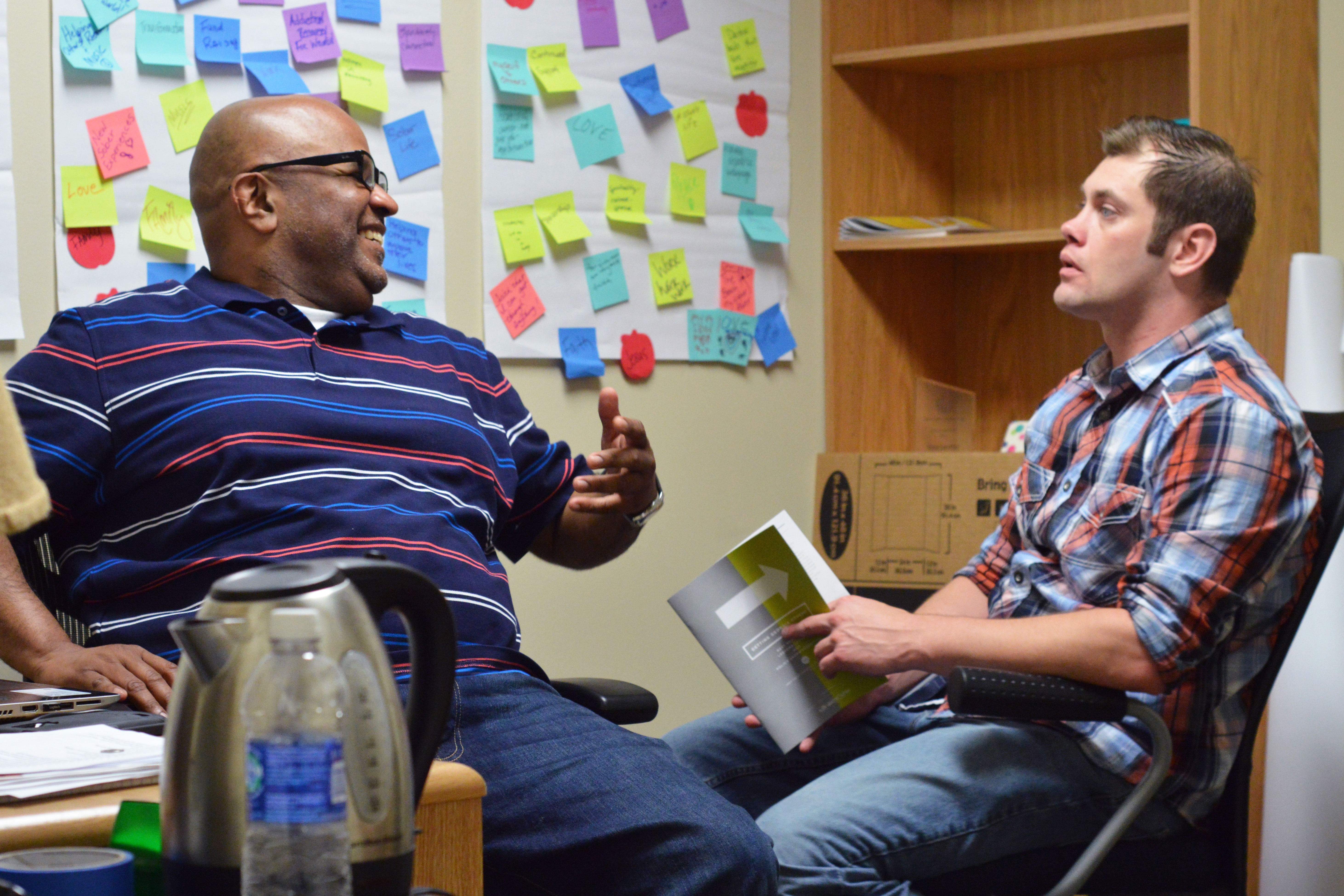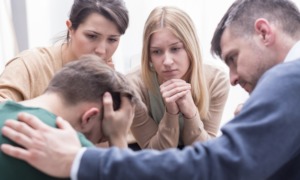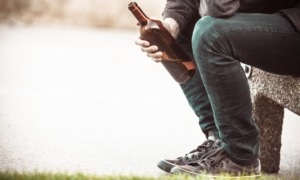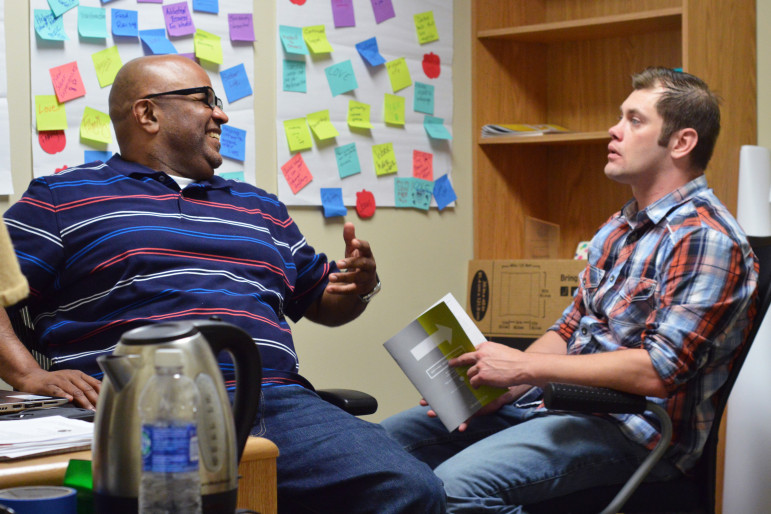
Roger Newton
Tony Sanchez (left) and James Guffey talking at the Georgia Council on Substance Abuse (GCSA).
DEMOREST, Ga. — It’s a little after 11 a.m. in a megachurch auditorium in the Piedmont foothills north of Atlanta, and Tony Sanchez is telling his story.
[module type=”aside” align=”right”] Listen live to Tony Sanchez and James Guffey talk about recovery communities on 90.1 FM WABE at 12 p.m ET.
Listen live to Tony Sanchez and James Guffey talk about recovery communities on 90.1 FM WABE at 12 p.m ET.
“There was a time I used to live better in prisons. I used to live better in institutions. I used to be homeless,” Sanchez recounts to an audience of about 120 people. “But because of recovery, I’m a homeowner today. I pay taxes. I have insurance. I’m a proud member of society.”
The audience is made up of representatives from across north-central Georgia’s social-service agencies, public and private, with a smattering of law-enforcement types as well. Sanchez is telling them his story “because I believe everyone should have the opportunity to get well.”
[module type=”aside” align=”right”]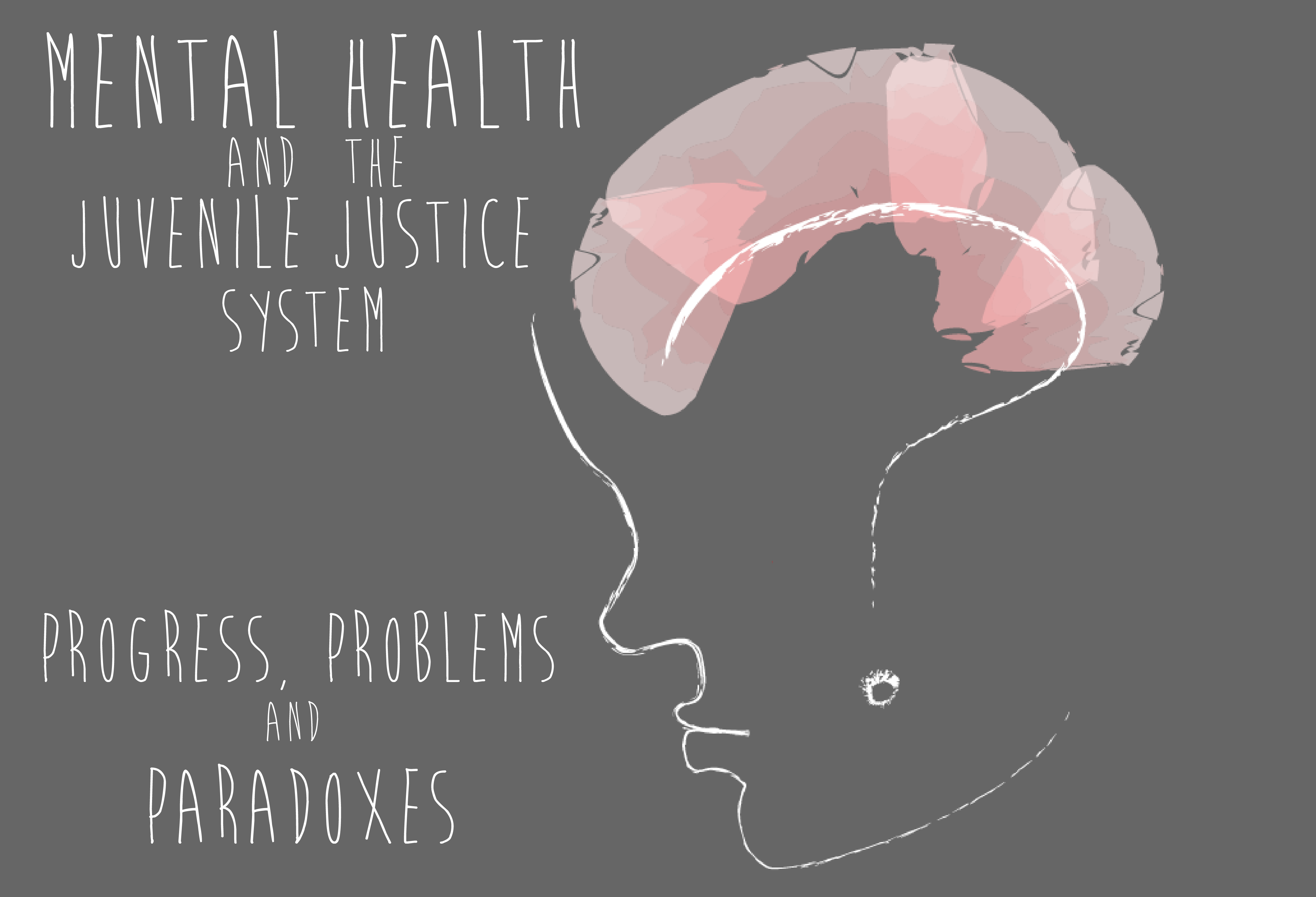 Learn more about mental health and substance abuse on JJIE.org’s Juvenile Justice Resource Hub.
Learn more about mental health and substance abuse on JJIE.org’s Juvenile Justice Resource Hub.
“I speak loudly about my recovery not so I can get the pat on the back, but if I didn’t talk about it, you wouldn’t know that was my history,” he said. “There’s a lot of people who don’t believe that people can get better, and I’m living proof that people can and do get better.”
“Whoohoo!” someone shouts.
“That’s right,” someone else interjects.
The session in Demorest, about 75 miles north of Atlanta, is the latest in a string of meetings led by Sanchez, a recovery coach at the Georgia Council on Substance Abuse, and James Guffey, his partner at the Georgia Mental Health Consumer Network. It’s part of an ambitious effort to turn communities struggling with drug abuse into “recovery communities,” where former addicts have support to stay on the path Sanchez has followed for nearly 14 years.
Meetings like the one in Demorest “are to lift up what’s already working in those communities” and help them come up with a to-do list of other projects, Guffey said. He and Sanchez emcee the session and at the end bring participants up to take a stab at answering a variety of questions on whiteboards at the front of the room:
What resources do you have to support youth today?
Where do you see a need for peer support in your community?
What can you do to increase community understanding and combat the stigma that recovering addicts face?
“We want to know where the strengths are and then figure out where we can fill in the gaps,” Guffey said.
[Related: Youth Today’s complete coverage on substance use disorder]
The idea is to then marshal local organizations, community leaders and state resources to address those needs, which have ranged from how to support ex-convicts who have gotten clean to the lack of jobs in some rural communities.
“Everybody has a story,” he said. “The person that’s receiving services has a story. The provider has a story, and the community has a story too.”
The story in Demorest involves the widespread use of marijuana and the increasing availability of prescription painkillers and new, synthetic drugs, said Robin Whisnant, who works with children and families at Mustard Seed Counseling Center in nearby Clarkesville. There’s little for teens to do beyond joining church groups, and the area needs to find healthy outlets for them, she said.
“We don’t have a big YMCA or youth centers,” Whisnant said. “We don’t have Boys or Girls Clubs in Habersham County. We don’t have community centers.”
In many cases, grandparents are struggling to raise grandchildren when their own children have become addicted to drugs or alcohol, sometimes ending up in prison. Whisnant described a recent session with a tearful woman in her 70s who found herself taking care of her two young grandsons. Her son is behind bars until October, their mother “has been on drugs since they were born” and no other family members are helping out. One of the boys is doing well, the other one appears headed for trouble.
“He’s not connected to his grandmother, he’s not connected to his dad,” she said. “They’re both physically healthy, but you can tell one is just a lost soul. So that’s why we need more funding and support from the community.”
Mark Ames, who runs a state-backed network of community centers for recovering addicts in Vermont, said the approach being road-tested in Georgia is “very cool.”
“It makes perfect sense,” he said. “It’s a good approach … I would be very interested to see how it goes over time.”
The Georgia effort is being assisted by Dietra Hawkins, a clinical psychologist who helped develop similar programs in Philadelphia and Connecticut. Building a recovery-oriented community isn’t just about having a building for meetings: “It’s also the policies we put in place and the way we spend our money,” she said.
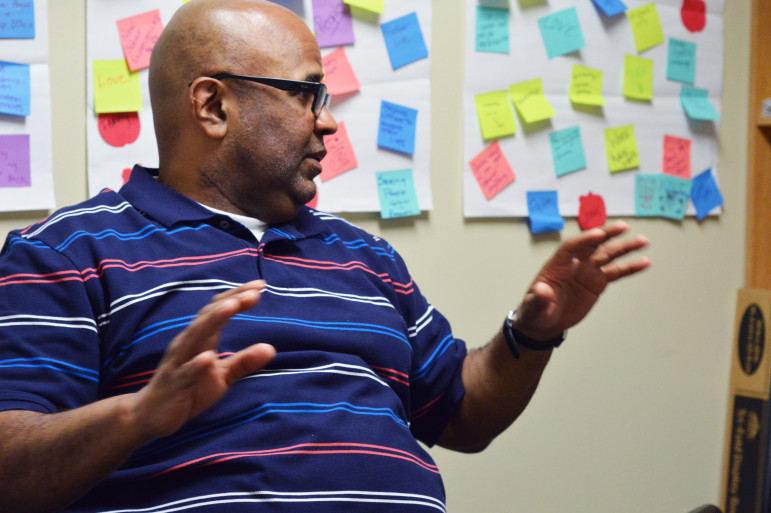
Roger Newton
Tony Sanchez
The recovery-oriented system of care she champions is based heavily on peer counseling and listening to the people who need those services, who often want to find a way to give something back to their communities.
“The understanding is that in order to transform, or have our system and our services get better, we actually need to first talk to people in recovery,” said Hawkins, of Yale University’s Program for Recovery and Community Health. “It actually needs to help people live a meaningful life in a community and not be in a hospital or an institution.”
In Georgia, the effort has a big boost from a state government that has recognized peer counseling as a service reimbursable by Medicaid, the state-run health program for low-income residents. It’s the first state program of its kind, and Georgia also has a division dedicated to recovery services in the state Department of Behavioral Health and Developmental Disabilities. In practical terms, that means community recovery services can provide immediate help to people who otherwise might be stuck on a waiting list, Sanchez said.
“For an individual who wants to get into treatment for substance abuse, but there’s not a bed available for the next six weeks, a recovery coach can engage that individual while they’re working through the system until a bed opens up,” he said. “So the individual is getting some coaching, getting some support, getting someone he can talk to and navigate through the system, and at the same time, the organization can actually bill for that. It’s a win-win.”
Sanchez said the community meetings can also provide some emotional moments: In Athens, he said, a former addict rose to thank the judge who oversaw his case in a special court for drug offenders. In Warner Robins, a community reeling after a child bystander was killed in a drug-related killing, had a chance “to come together in a safe place to talk about what they were feeling.”
“People were getting together and they were actually exchanging numbers,” he said. “You could see that network, that the community was going to be stronger.”
And in Augusta, Sanchez said, he found himself giving a pep talk to a public defender on the verge of burning out: “What I told her was it was somebody just like her, who cared just like her, who helped me in the beginning and we’re friends to this day. What she does is vital, please don’t give up.”
A version of this story also ran on 90.1 FM’s WABE.
More stories related to this one:
Recovery Communities Give Former Addicts a Boost in the Long Term
They Climb, Bike, Run, Lift, Box Their Way Out of Addiction
Music & Arts Therapists Help Youth Find Their Voice, Break Free from Addiction
Insurance Coverage for Substance Abuse Improving But Still Limited
Unspoken Truths: Young People in Recovery


